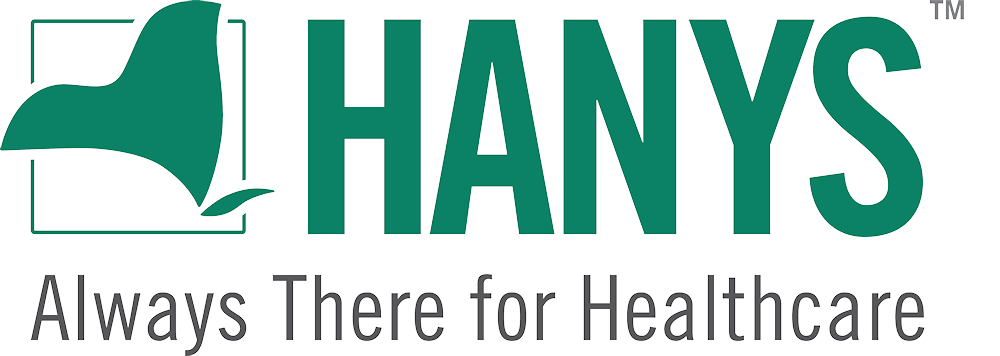
NewYork-Presbyterian Queens and community partners enhance pediatric asthma care
Targeted asthma self-management education and medication adherence can help prevent the asthma exacerbations that lead to unnecessary pediatric emergency room visits and hospitalizations. In January 2019, NewYork-Presbyterian Queens began a pilot program to determine if use of care management strategies and Bluetooth technology could increase medication adherence and lower hospital utilization for their Pediatric Asthma Center patients.
Patients diagnosed with moderately persistent to severe asthma — including patients who had at least one ED visit or hospitalization within the previous year and/or those who had been prescribed a corticosteroid and/or rescue inhaler medication — were targeted for the program. Pilot goals were to:
- sustain and expand established collaboration among existing and new partners;
- reduce potentially avoidable ED visits and hospitalizations due to preventable asthma exacerbations;
- remediate and reduce environmental asthma triggers in patient homes;
- educate providers and care managers on tools and workflow for patient engagement and monitoring;
- encourage patients to become self-adherent to the medication regimen; and
- increase patient and provider satisfaction.
Patients were introduced to the pilot by NYPQ Pediatric Asthma Center providers, who then referred them to St. Mary's Home Care Asthma program. Leaders from both the Asthma Coalition of NYC and St. Mary's Home Care Asthma program provided education about the Asthma Tool Kit and details about home visit best practices to the primary care physicians and care managers in the NYPQ clinics. Together they developed a workflow and materials to create patient awareness about the pilot. The Asthma Coalition of NYC supplied environmental remediation items including pillow cases, mattress covers and vacuums. St. Mary's Home Care Asthma program conducted skilled nursing home visits for each patient, facilitated device setup and remotely monitored medication adherence through the Bluetooth devices. St. Mary's Home Care Asthma program nurses completed the patient's environmental home assessment, which includes asthma trigger identification and distribution of remediation items, patient and family education, medication reconciliation and education and placement of a Bluetooth sensor on each inhaler.
During the pilot, 26 patients were referred to the program and 20 patients enrolled, with all 20 patients completing the six months of monitoring. There was an 81.2% overall medication adherence achieved against an initial target of 75%. Of the 20 patients in the program, there were zero hospitalizations for asthma. Nine patients achieved significantly improved ACT scores; some going from a low score of 10 or 11 to improved scores of 23 or 24. All patients/caregivers demonstrated increased understanding of how to self-manage asthma. Four potential ED visits were avoided due to remote patient monitoring medication alerts triaged by St Mary's in collaboration with a referring physician.
For more information, contact Kalliope Tsirilakis, MD, director, pediatric pulmonology, at kat2021@nyp.org or Maria D'Urso, RN, MSN, administrative director, ambulatory care at mda9005@nyp.org.


